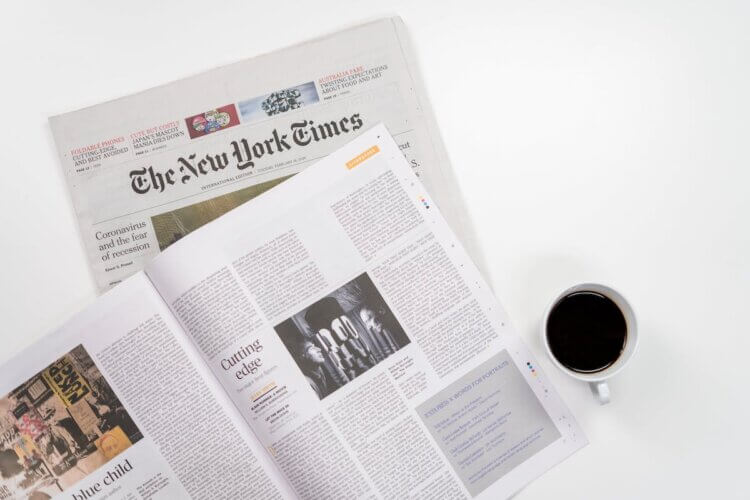[ad_1]
Over the previous yr, synthetic intelligence (AI) has come to play an important position in lots of lives and professions. These utilizing the know-how place important belief in AI platforms—but many people don’t query the place our massive language fashions (LLMs) are getting the data they depend on to assist us create AI-generated work merchandise or full each day duties.
This situation—the supply of LLM studying—was put entrance and heart when the New York Instances not too long ago introduced a federal copyright infringement lawsuit towards OpenAI (the creator of ChatGPT) and Microsoft. The lawsuit alleges that OpenAI used copyrighted articles from the New York Instances to create “substitutive merchandise” with out their consent. Particularly, OpenAI used, amongst others, New York Instances content material to develop their fashions and instruments.
Machine studying, copyright infringement, and honest use
The place does copyright infringement intersect with an AI lawsuit? It primarily has to do with machine studying, the strategy by which AI instruments are skilled to offer responses to AI prompts.
To foretell one of the best reply to a specific query or immediate, people must “practice” AI by feeding it data. OpenAI trains its fashions by feeding them massive quantities of textual content knowledge from on-line sources—together with web sites just like the New York Instances.
The issue—at the least, from the New York Instances’s perspective—is that OpenAI and Microsoft are successfully benefitting from the New York Instances’s funding in journalism, utilizing their copyrighted work to create new merchandise with out requesting permission or paying the New York Instances for the service.
OpenAI and Microsoft, alternatively, argue that their use of copyrighted content material to coach their fashions falls below “honest use”, or the precise to make use of copyrighted work with out the proprietor’s consent below sure circumstances.
Different AI lawsuits regarding copyright infringement
Whereas the New York Instances’s current lawsuit towards OpenAI and Microsoft is dominating information cycles, it’s in no way the primary AI lawsuit referring to copyright infringement. Different content material creators—together with authors like Mona Awad and Paul Tremblay, and comic Sarah Silverman—have additionally initiated lawsuits towards AI firms over copyright infringement.
As of the date of publication of this text, we don’t have clear solutions on whether or not machine studying qualifies as “honest use” and protects AI firms from copyright infringement lawsuits. Nevertheless, the emergence of those lawsuits raises fascinating questions relating to the way forward for AI studying.

What the OpenAI lawsuit means for attorneys
The OpenAI lawsuit poses an fascinating drawback for instruments designed to enhance entry to data: If there are restrictions on the kind of data obtainable to OpenAI and different LLMs, what are the implications for machine studying and, subsequently, the kinds of responses or work merchandise these fashions can present for customers?
We’ve beforehand mentioned the threat of bias in AI instruments and the significance of making certain that AI algorithms are developed and skilled utilizing numerous and consultant knowledge units.
Alternatively, if LLMs can keep away from copyright lawsuits by acquiring permission to make use of content material (doubtless, by compensating the homeowners), it could observe that solely these LLMs with sufficient funding may have entry to the great content material wanted to tell their fashions, leading to a deleterious impression on innovation on this area.
Alternatively, if the court docket decides to allow LLMs to make use of copyrighted content material for coaching, content material creators face their very own challenges—with related penalties for the broader public. For instance, content material creators could restrict on-line entry for readers or viewers—to say nothing of their frustration over LLMs utilizing their copyrighted work.
Because the courts have but to resolve on the position copyright regulation performs in coaching LLMs, it’s anybody’s guess what the long run will maintain—but when plaintiffs just like the New York Instances are profitable with their AI lawsuits, it might have a important impression on the way forward for LLM coaching.
The OpenAI lawsuit and our closing ideas
Whatever the final result, the OpenAI lawsuit is a reminder for customers to rigorously vet the LLMs they’re utilizing—particularly when practically one in 5 authorized professionals presently utilizing AI of their apply.
So, what are you able to do?
We printed this weblog submit in January 2024. Final up to date: January 24, 2024.
Categorized in:
Expertise
[ad_2]
Source link




